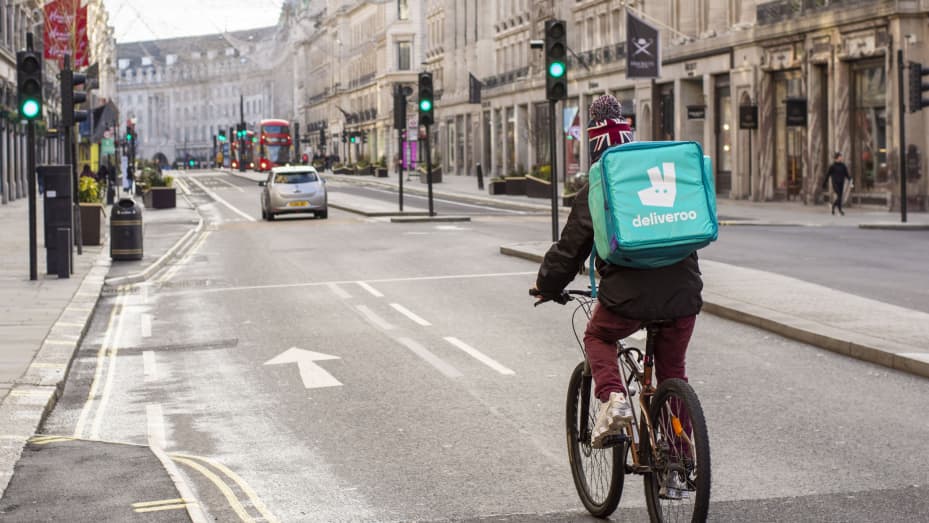Contributing editor, Peter Backman is a long-term foodservice sector guru and founder of theDelivery.World, a platform that connects the delivery sector and makes sense of the myriad changes and challenges that affect the sector across the globe.
Municipal restrictions on restaurant delivery have become increasingly significant as the food delivery sector continues its global boom. These regulations, which vary widely from city to city, are not merely bureaucratic hurdles; they fundamentally shape the operational landscape for restaurants and delivery companies. Understanding and navigating these restrictions is crucial because they directly affect service delivery, cost structures, and even the strategic direction of delivery businesses. Compliance is not optional for restaurants and delivery platforms, but it is a critical aspect of operational viability and success.
At their core these municipal measures aim to address urban challenges such as congestion, pollution, and noise, while also ensuring public safety and fair competition. Each challenge comes with its own set of responses, and opportunities too. London’s Congestion Charge and Ultra Low Emission Zone (ULEZ) exemplify financial and environmental constraints aimed at reducing traffic and pollution. These not only increase operational costs for deliveries within the affected zones but also push companies towards greener, more sustainable delivery methods. Similarly, cities like Amsterdam have imposed limits on delivery hours in certain areas to reduce noise and traffic, affecting how delivery schedules are planned.
Vehicle restrictions are another common type of regulation, with cities such as Florence imposing size and weight limits on vehicles to protect historic centres. This requires a shift towards smaller, often more environmentally friendly modes of transport, aligning with broader sustainability goals. At the other end of the spectrum, Tokyo’s proposed licensing for delivery riders focuses on safety and public order, underscoring the importance of training and regulation in ensuring a reliable delivery ecosystem.
Packaging regulations, like those in Mumbai banning single-use plastics, represent another aspect of municipal involvement, pushing companies towards innovative, sustainable packaging solutions. This not only has an impact on operating costs but also aligns delivery services with growing consumer demand for environmentally responsible practices. Meanwhile, licensing as seen in Dubai, and health check requirements in Kuala Lumpur, ensure that delivery services meet high standards of food safety and hygiene, essential for maintaining consumer trust and satisfaction.
These varied regulations reflect the complex interplay between municipal priorities and the delivery sector. While they pose operational challenges, they also offer opportunities for innovation, sustainability, and enhanced public safety. Adapting to these regulations requires delivery platforms and restaurants to be agile, innovative, and proactive in engaging with local governments and communities.
In summary, municipal restrictions on restaurant delivery are shaping the future of the food delivery industry. By addressing urban challenges and ensuring a level playing field, these regulations encourage businesses to innovate and adapt. For restaurants and delivery companies, understanding and complying with these restrictions is not just about avoiding penalties; it’s about seizing opportunities to improve service, enhance sustainability, and contribute positively to the communities they serve.
As the delivery sector continues to evolve, the ability to navigate these regulations will be a key differentiator for success. The call to action for businesses is clear: engage, adapt, and innovate to turn these challenges into stepping stones for growth and development.


